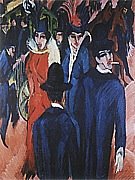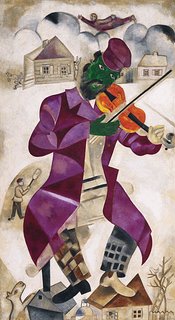a Conversation that could get you killed, pt. I. the Murder and the Poet

Montreal was a cigarette stained city that Quintin Rhodes called home. He’d moved there from Hamilton, Ontario at sixteen, pulled by tales of European women and loose morals. He rented a small, shaby apartment in the Plateau, surrounded by Polish immigrants and existentialists. He found work in the back of an Irish pub on Crescent street. It was a popular place frequented by pool sharks and lonely girls from Boston.
At twenty Quintin began writing for an unread bi-weekly gazette. He’d inherited a column titled “Conversations in Montreal”, a record of random dialogues overheard in the city. Within four months Quintin revolutionized the column. Through his sharp ears and gritty approach “Conversations in Montreal” went from trivial declarations of love and pseudo-philosophical drivel to a hard-hitting column of scandal, criminal intent and murderous confessions. Quintin didn’t just wait for a good conversation to fall into his lap. He spent nights in elevator shafts, he stalked, lingered, placed wire-taps and microphones; whatever it took to catch the brief life of words at their most sinister.
After a year the gazette trippled its publication and Quintin became an underground myth; a ghost that haunted Montreal’s political elite, its hockey stars and minor celebrities. Watch what you say, people would joke, or Quintin Rhodes will get you. He was taken to court only once. An infuriated Minister of Education sued him for libel and slander over the publication of his supposed sex talk with a prostitute named Belle. At the trial Quintin produced everything – photographs, audio-recordings, motel receipts and even a Hungarian janitor named Tomas who testified on his behalf. The minister committed suicide, Belle got her own talk-show, and no one ever went after Quintin Rhodes again.
No one, that is, until October 31st when some oversized tricker-treater entered Quintin’s apartment and smashed his skull with the typewriter on his desk. At twenty-four, all that is left of Quintin Rhodes is a shattered skull, four hundred and sixty published conversations, and over five hundred more, unpublished and strewn like empty condom wrappers across his floor.








